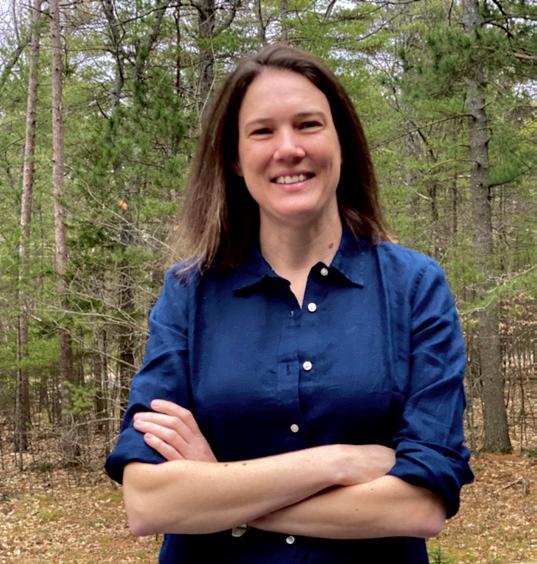
1 minute read
Dr. Jennifer Susan Geskie
Higher Education Pathway
Dissertation Title
UNDERSTANDING THE CAREER DECISION-MAKING OF EARLY INTERVENTION TEACHERS THROUGH THE USE OF SOCIAL COGNITIVE CAREER THEORY
Abstract
A pervasive and widespread shortage of early intervention (EI) teachers is preventing vital services from reaching infants and toddlers with disabilities during their most critical period of brain development. To better understand the EI teacher shortage, this qualitative study examined the career decisionmaking of 11 EI teachers from the Mid-Hudson and New York City regions of New York. Guided by Lent, Brown, and Hackett’s (1994) social cognitive career theory (SCCT), semi-structured interviews explored how the complex interplay of person variables, learning experiences, and environmental contexts contributed to how these teachers made meaning of careers in EI and why they chose EI teaching careers over other teaching opportunities. As conceptualized in SCCT, pathways to careers teaching in EI were influenced early-on through familial educator role models and opportunities to volunteer or work with children with disabilities. Undergraduate degree programs in fields such as psychology and social work were also notable learning experiences along participants’ routes to EI. Key findings suggest the non-traditional aspects of teaching in EI such as working one-on-one with a child, teaching in the home setting, and engaging in collaborative coaching with families were appealing and highly valued. Acquisition of the skills, knowledge, and confidence to teach in EI was credited to interdisciplinary experiences and EI-specific practice and clinical feedback, often gained through in-service training rather than preservice teacher preparation. Implications for EI leaders and higher education faculty include the need for intentional recruitment of EI teachers across academic and professional sectors and across the lifespan, teaching strategies to promote EI core competencies in graduate courses, and further consideration of the potential benefits and drawbacks of EI specialization at the preservice level.
Biography
Jennifer Geskie is currently the Mid-Hudson Regional Coordinator for The NY Early Childhood Professional Development Institute. She began her career as an early intervention teacher in New York City and Westchester County, working directly with infants and toddlers with disabilities and their families for nearly 15 years. Jennifer extended her impact on the EI and broader early childhood profession as a school leader for the Elizabeth Seton Children’s School in White Plains where she served as assistant principal and then principal. She has experience as an instructor and adjunct professor for Manhattanville College and New York Medical College. Jennifer is active in the professional community, participating as a member of the Westchester County Local Early Intervention Coordinating Council and presenting at local, state, and national conferences. Jennifer holds a Bachelor of Arts in Psychology from SUNY Geneseo, a Master of Arts in Special Education from St. Joseph’s College, and a Professional Diploma in Educational Leadership from Manhattanville College.










